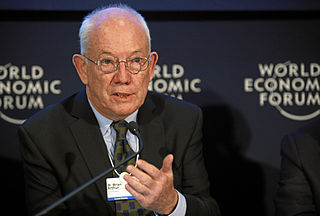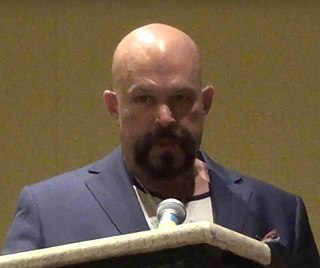A Quote by Adam Curtis
A conveyor belt of Think Tank pundits and allied operatives poured into the TV studios, and together they built a fortress around Mrs. Thatcher's memory that was rooted in theories about economics. They did this because economics is the only language that wonks understand.
Related Quotes
I began my career as an economics professor but became frustrated because the economic theories I taught in the classroom didn't have any meaning in the lives of poor people I saw all around me. I decided to turn away from the textbooks and discover the real-life economics of a poor person's existence.
My mother and my father taught me to look at the actual problem, not the face of it, not the veneer of it. So for me, I was never - I was impressed that it - racially, I was impressed, right, but now in America it's about economics, and it's been about economics, and honestly, everything's been about economics since I don't want to say the beginning of time, but it's been about economics for a long while.
I started in the law; and the study of law, when it precedes the study of economics, gives you a set of foundation principles about how human beings interact. Economics is very useful, and I studied economics in graduate school. But without understanding the social and organizational context of economics, it becomes a theory without any groundwork.
As I talk about strengths and weaknesses in academic economics, one interesting fact you are entitled to know is that I never took a course in economics. And with this striking lack of credentials, you may wonder why I have the chutzpah to be up here giving this talk. The answer is I have a black belt in chutzpah. I was born with it.
How should the best parts of psychology and economics interrelate in an enlightened economist's mind?... I think that these behavioral economics...or economists are probably the ones that are bending them in the correct direction. I don't think it's going to be that hard to bend economics a little to accommodate what's right in psychology.
I think historically modern economics, capitalist economics, tends to erode moral categories... And this is where I think the right gets capitalism wrong. They kind of assume that there is a moral equivalence or moral valence to capitalism, but I tend to think that economics erodes all the kind of cultural taboos and inhibitions and values it comes into contact with.




































